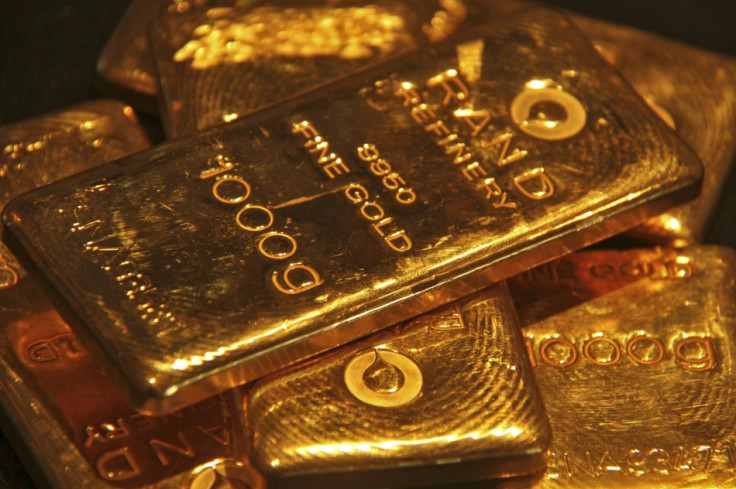Gold Dips to Four-Month Low as Euro Fears Grow

Gold dipped to a four-month low as investors in the precious metal fled for the safety of US dollars and German bunds, amid fresh concerns over the eurozone's ability to conquer its debt crisis.
Greece is struggling to form a new government after inconclusive elections and the French have elected a socialist president, who stood on a platform condemning austerity, the markets' friend, sending the euro to a 15-week low against the dollar.
"It's not as though the escalations of the political risk in Europe is doing anything positive for gold prices at all," Nic Brown, Natixis head of commodity research, told Reuters.
"This very much suggests that we are not getting demand for gold from European investors.
"The dynamic is purely from the impact of the crisis on to the FX market and from that directly on to the gold price."
Spot gold was down 1.3 percent on the day at $1,584.11 (£984.19) an ounce at 14:52 GMT. It had already dropped over 3 percent this week.
EUR/USD was at 0.77255/1.29442 by 13:00 GMT.
"Short euro speculators really seem to be building in confidence now and there is still plenty of safe-haven interest in the US dollar as the weekend's news from Greece and France weighs," said Richard Driver, an analyst at Caxton FX.
Eurozone crisis and austerity doubts
After Greece's elections provided no conclusive result, opposition parties have been meeting in desperate talks to try and form a government and restore relative stability to the country.
Alexis Tsipras, leader of the radical left-wing Syriza party that won 52 seats in the 300-seat Greek parliament, is trying to form a coalition government with mainstream parties who supported the International Monetary Fund (IMF) and EU bailout packages for the country, which helped stave off a default on the country's vast debts.
Tsipras is deeply opposed to the IMF/EU bailouts and the strict, biting austerity measures they require.
Markets may fear that Greek politicians may make concessions towards Tsipras's party and row back from some of the public sector cuts currently being pursued, in order to form a government and control the budget deficit.
In France, Francois Hollande, a socialist, won the presidential election, once again raising doubts among investors about the country's commitment to its austerity package, which could send its borrowing costs soaring as its creditors seek safer shores.
Spain's 10-year bond yields travelled back past 6 percent after reports that its major banks will need to raise €35bn more to cover losses linked to bad property and real estate loans.
Stocks across many European markets also fell.
© Copyright IBTimes 2024. All rights reserved.







